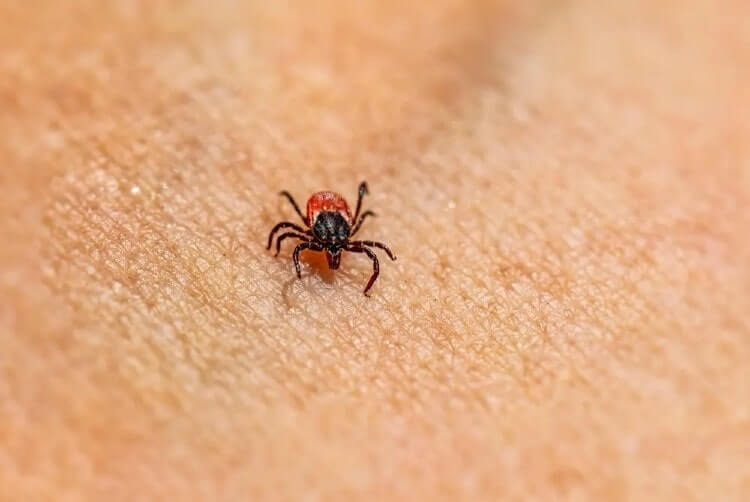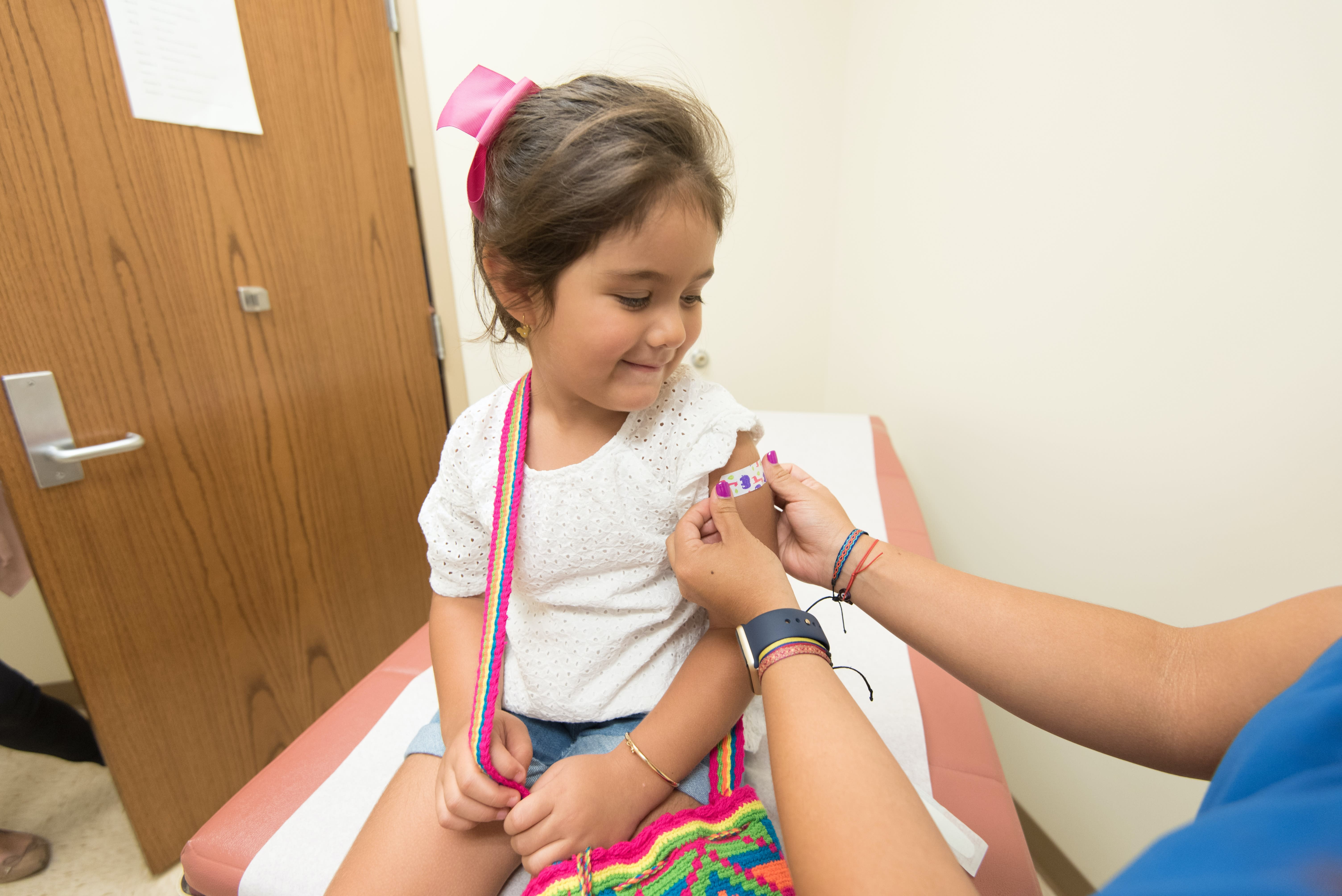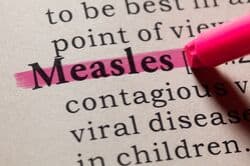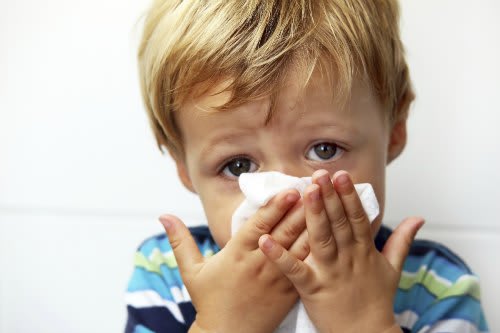What Parents Should Know about Multi-System Inflammatory Syndrome in Children
Published: May 20, 2020l
By Gerald Rakos, MD, Chair, Department of Pediatrics, Stamford Health
As a parent, you do your best to keep your children healthy. The COVID-19 pandemic—and recent reports of Multi-System Inflammatory Syndrome—raise new questions for parents and caregivers. Rely on the Stamford Health pediatric team to help you better understand these conditions and what you can do to protect your family.
Tell your pediatrician if your child has tested positive for COVID-19 or has been exposed to someone who has. This syndrome can appear weeks after an asymptomatic COVID-19 infection.
Go to the nearest emergency department or call 9-1-1 if your child needs immediate care.
As a parent, you do your best to keep your children healthy. The COVID-19 pandemic—and recent reports of Multi-System Inflammatory Syndrome—raise new questions for parents and caregivers. Rely on the Stamford Health pediatric team to help you better understand these conditions and what you can do to protect your family.
What’s Multi-System Inflammatory Syndrome?
Initially called Pediatric Multi-System Inflammatory Syndrome (PMIS), the CDC renamed this disease to Multi-System Inflammatory Syndrome in Children (MIS-C) on May 14. MIS-C is a serious inflammatory condition appearing in children who have been infected with and recovered from COVID-19. Doctors worldwide compare it to another rare childhood condition called Kawasaki disease, an illness that causes inflammation of the blood vessels, because it has some of the same symptoms. MIS-C can be life-threatening, so it’s important to get care right away.What are the symptoms of MIS-C?
If your child has any of these symptoms, call your pediatrician:- Fever lasting more than 24 hours
- Belly pain, vomiting or diarrhea
- Rash, conjunctivitis, swollen hands or feet
- Changes in skin color
- Trouble breathing
- Confusion or excess sleepiness
Tell your pediatrician if your child has tested positive for COVID-19 or has been exposed to someone who has. This syndrome can appear weeks after an asymptomatic COVID-19 infection.
How common is MIS-C?
MIS-C is rare. Doctors think the disease is related to having had COVID-19, but the connection is not yet clear. As of May 18, there have been about 200 cases of MIS-C in the United States.What can I do to prevent my child from getting MIS-C?
MIS-C is not contagious, but it may be associated with COVID-19. So protect your child’s health by avoiding exposure to COVID-19:- Practice social distancing
- Teach your kids good hand hygiene
- Use cloth face masks for adults and children over 2 years old
- Follow tips for breastfeeding and raising newborns during COVID-19
Is there a treatment for MIS-C?
Yes. Children with MIS-C may receive a common type of infusion therapy called intravenous immunoglobulin (IVIG), as well as medications like steroids to protect their heart, kidneys, and other organs. Children with MIS-C often need to stay in the hospital to prevent problems with their heart and other organs. Most recover within a few days to a week.When to get care
Call your pediatrician if your child has symptoms of MIS-C. When you call, tell the doctor if you know your child has tested positive for or been exposed to COVID-19, but remember, children can have had COVID-19 without showing any symptoms. Early treatment can prevent serious illness or death. Visiting Stamford Health Medical Group for pediatric care is safe. Every member of Stamford Health is taking steps to protect your family’s health.Go to the nearest emergency department or call 9-1-1 if your child needs immediate care.

























